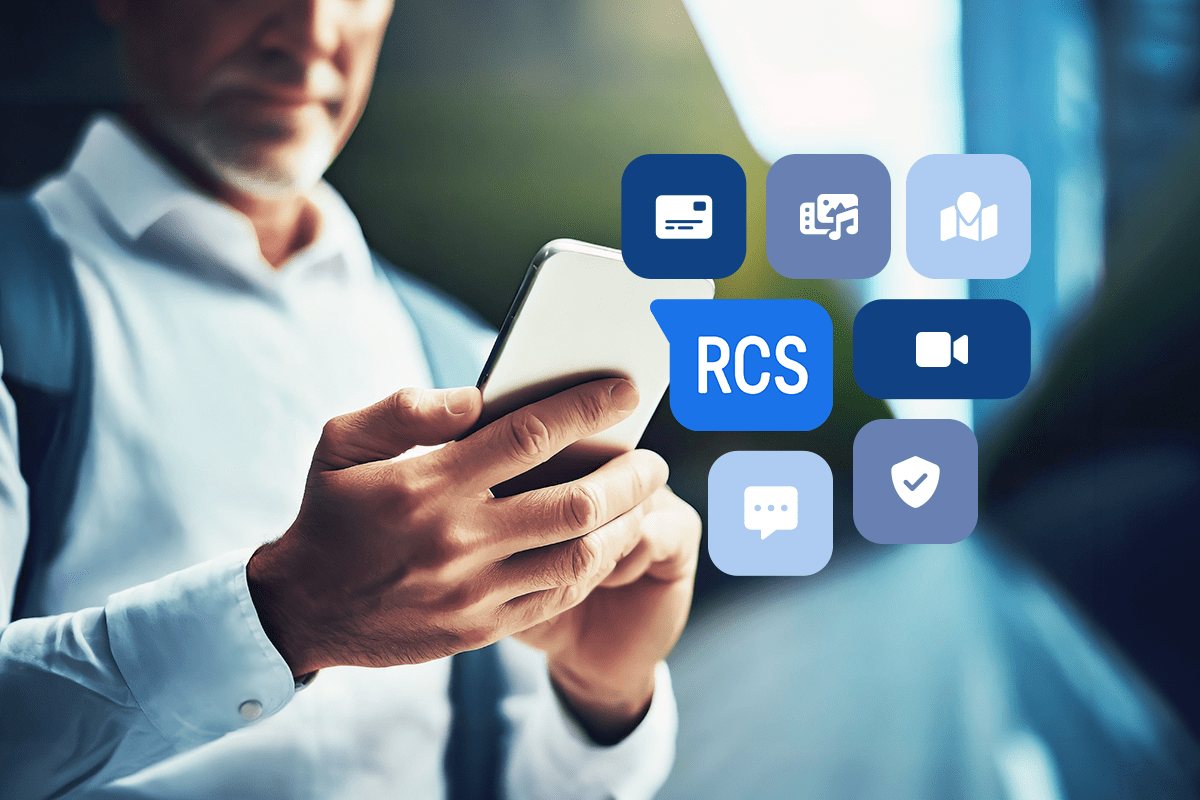advertisement
Infobip Report Projects RCS Traffic To Grow In East Africa

A newly released whitepaper commissioned by global communications platform, Infobip, has tipped Rich Communication Services (RCS) traffic in Africa and the Middle East to grow by over 1300 percent, climbing from 545 million messages today to 8 billion by 2029.
Data from tech analyst Omdia indicates that both Application-to-Person (A2P) and Person-to-Person (P2P) RCS traffic will experience substantial growth. A2P RCS messaging, where businesses send messages directly to consumers, is predicted to expand from nearly 1.5 trillion messages in 2024 to more than 6 trillion messages by 2029, generating $4.2 billion in revenue. In the same period, P2P messaging will continue to grow, significantly contributing to the increasing volume.
RCS elevates traditional SMS, allowing Android users to send a range of rich media content, such as text, images, GIFs, videos, and more, using mobile data or Wi-Fi. Unlike WhatsApp, RCS messages do not require users to download a separate app, as messages are received in the same inbox as SMS and MMS.
advertisement
With Apple’s adoption of RCS in its latest iOS 18 update, the service is set to achieve cross-platform reach, with Omdia estimating 2.5 billion monthly active users worldwide by the end of 2024.
The report highlights that regions such as the Americas and Asia & Oceania will lead the charge in A2P RCS traffic and revenue. However, Africa’s growth potential is clear, with RCS presenting a valuable opportunity for enterprises and mobile network operators to enhance customer engagement and drive business.
Charlotte Palfrey, Senior Analyst, Advanced Messaging and Communications at Omdia, said that RCS offers significant benefits for enterprises and telcos.
advertisement
“Enterprises should leverage Gen AI to enhance RCS experiences, making campaigns more personalized, engaging and effective in driving conversion. At the same time, telcos must work with the messaging ecosystem to raise RCS awareness among enterprises and consumers. Additionally, telcos should utilize RCS internally for marketing and customer care functions to demonstrate RCS’s capabilities and benefits,” Palfrey noted.
On his part, Ivan Ostojic, Chief Business Officer at Infobip talked of the many RCS benefits especially with the Apple upgrade making it have universal availability.
“Consumers do not need to download a chat app to send and receive photos or videos. Meanwhile, enterprises can take consumers through the entire customer journey from initial marketing pitch to purchase and support. This is also a significant opportunity for telcos to seize the benefits of RCS Business Messaging and deliver rich conversational messaging for customers,” Ostojic said.
advertisement
Infobip enables enterprises and telcos to benefit from RCS Business Messaging through its Messaging-as-a-Platform (MaaP) service. Infobip’s MaaP solution provides messaging benefits, including throughput control, content and spam control, while Infobip’s CPaaS offering enables connectivity with other Mobile Network Operators. Benefits include detailed billing and reporting, faster brand and partner approval, additional user control, and managed service options.
According to the Communications Authority of Kenya (CAK), of the 65.7 million mobile devices connected to networks, 34.5 million are smartphones – mostly Android, representing a penetration rate of 58.3 percent. In Uganda, data from the Uganda Communications Commission (UCC) shows 15.3 million mobile internet users, with smartphone uptake at 22 percent. Similarly, the Tanzania Communications Regulatory Authority (TCRA) reports smartphone penetration at 32.13 percent, with 35.8 million internet users.
As RCS adoption accelerates, businesses across Africa are poised to benefit from richer, more interactive communication with their customers, driving enhanced engagement and new opportunities for growth.